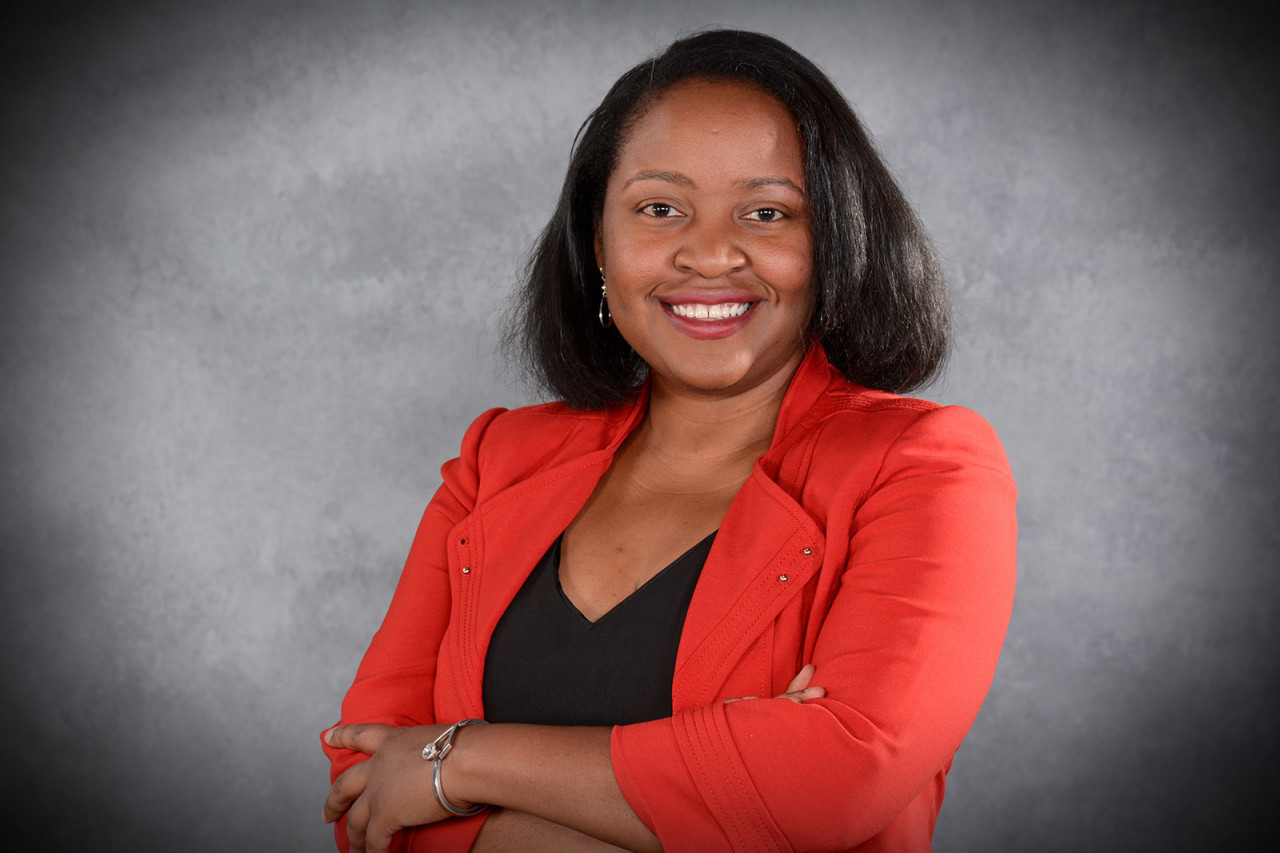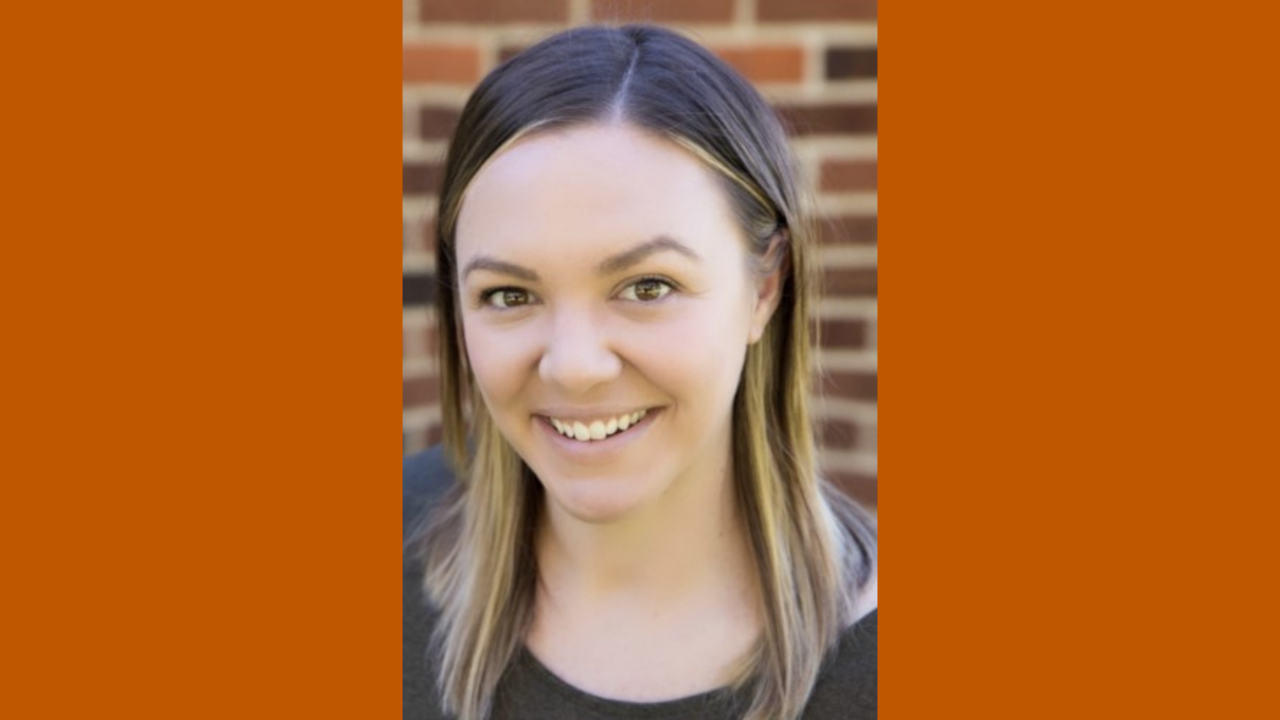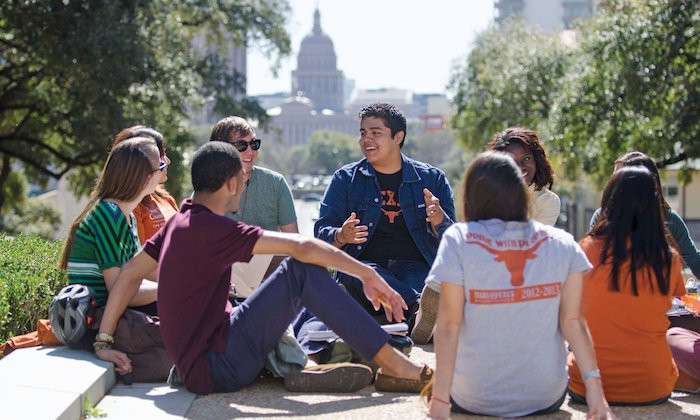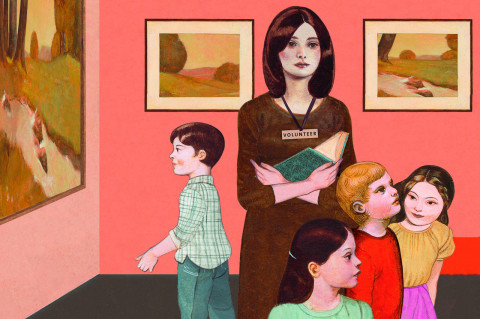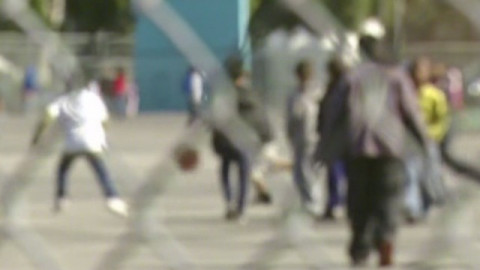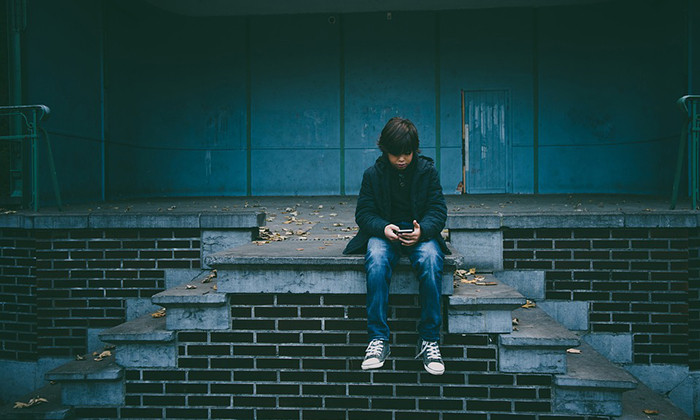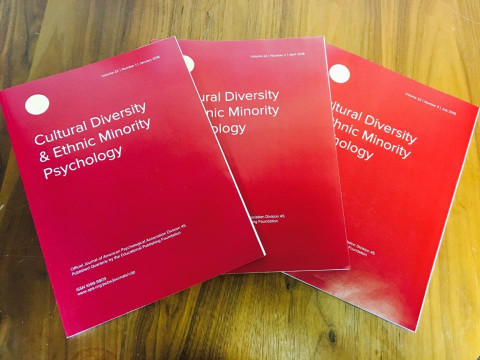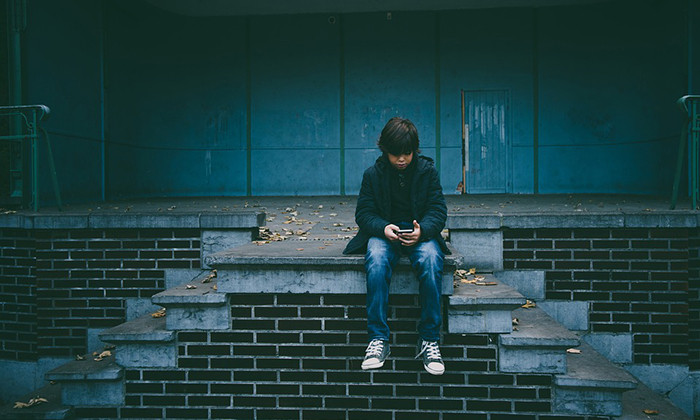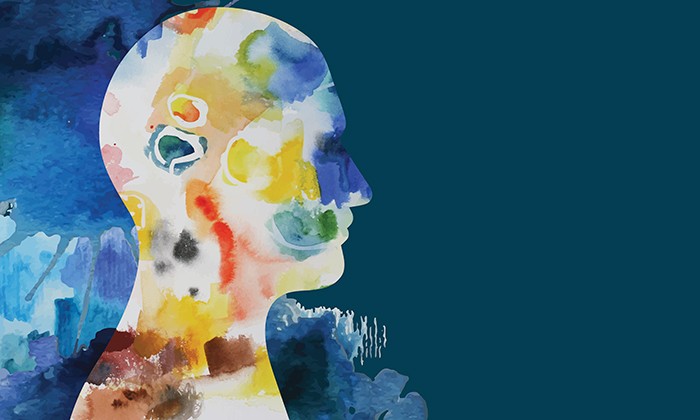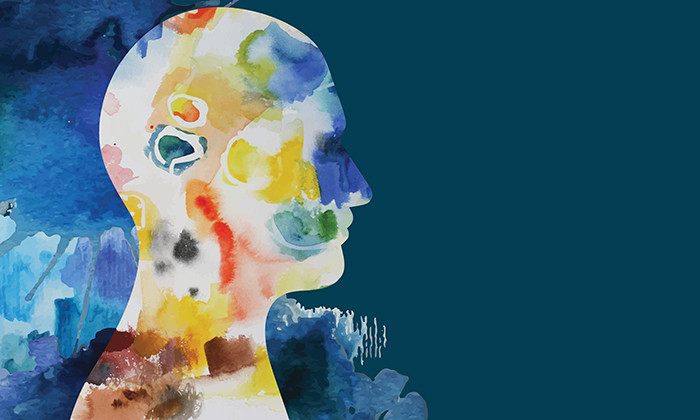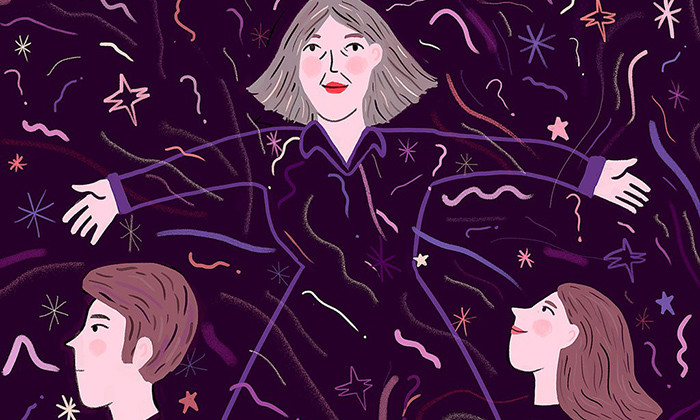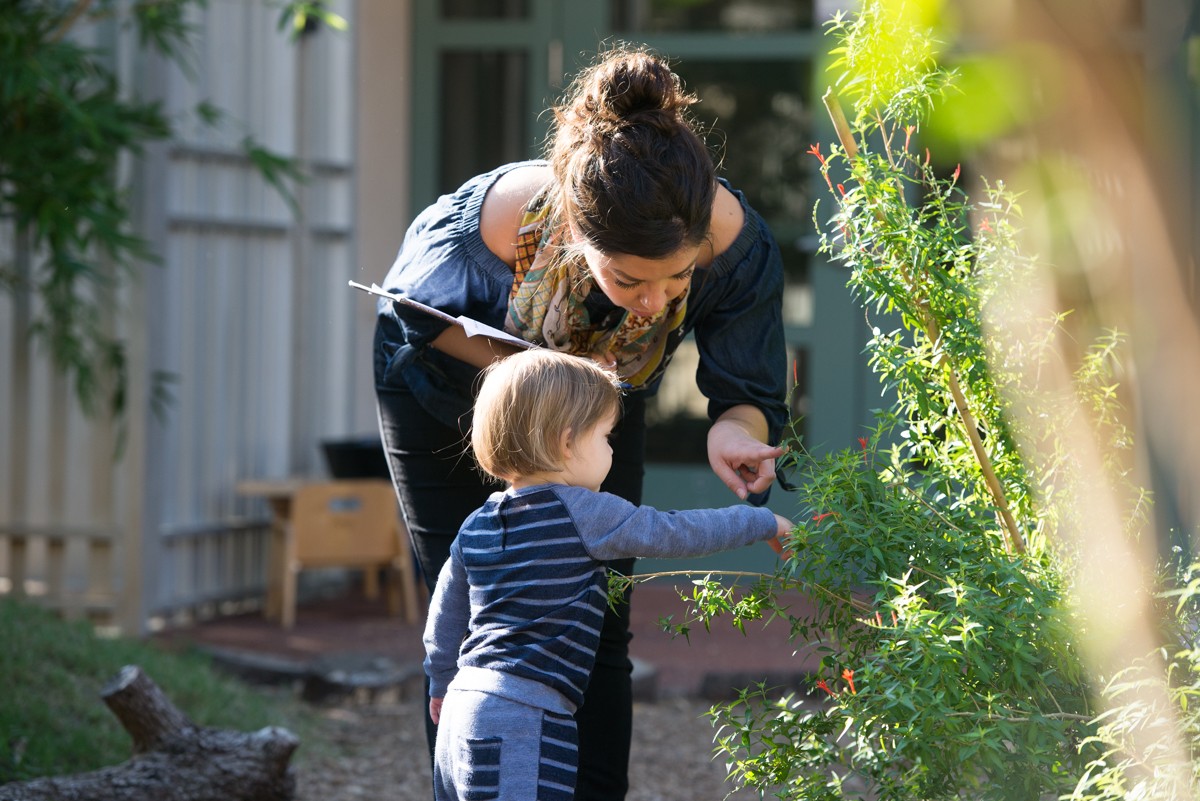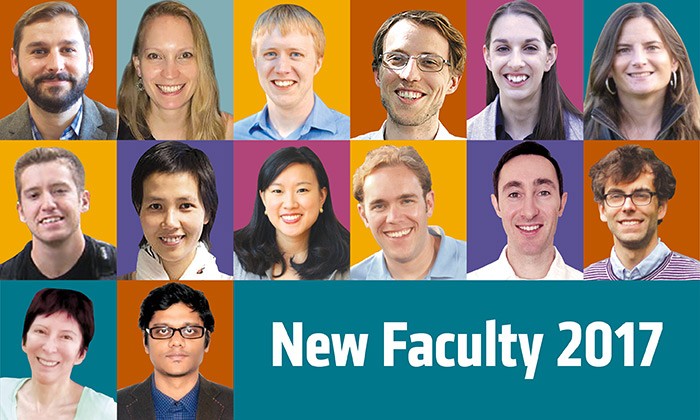News
Parents Volunteering at School Should Tailor Skills to Different Stages
Fewer parents are volunteering at their children's schools just as new research shows it yields benefits from better grades to lower rates of depression. Read the full Wall Street Journal article here: https://www.wsj.com/articles/parents-volunteering-at-school-should-tailor-skills-to-different-stages-1533134808 which links to a 10-year ...Is it Better to be Like Your Partner?
Researchers have found that how similar you are to your partner can affect your happiness- but it's complicated. "Is it better to be like your partner?" was published on British Broadcasting Corporation's (BBC) Future segment site and features Human Development and Family Sciences (HDFS) Associate Professor Dr. Lisa Neff and fifth year PhD student...Fox 7 Interview with Dr. Aprile Benner on Racial and Ethnic Bias
Racial and Ethnic Bias and its Impact on Health and WellbeingA new study conducted by researchers at The University of Texas at Austin shows young minorities who face discrimination based on their race or ethnicity may feel the impact on their health and wellbeing. Human Development and Family Sciences Associate Professor Dr. Aprile Benner di...Racial and Ethnic Bias Leads to Lower Well-Being Among Adolescents
Racial and ethnic discrimination is problematic for all aspects of development — from mental and physical health to risky behaviors and academic success — particularly for Latinos, researchers at The University of Texas at Austin determined after analyzing findings from hundreds of previous studies on adolescents.
Racial and Ethnic Bias Leads to Lower Well-Being Among Adolescents
Racial and ethnic discrimination is problematic for all aspects of development — from mental and physical health to risky behaviors and academic success — particularly for Latinos, researchers at The University of Texas at Austin determined after analyzing findings from hundreds of previous studies on adolescents.
The latest study, published in the American Psychologist, considered 214 previous studies comprising 91,338 adolescents and measured 11 distinct indicators of well-being.
HDFS Professor Dr. Su Yeong Kim Named Incoming Editor of Cultural Diversity and Ethnic Minority Psychology Journal
We are pleased to announce that Dr. Su Yeong Kim has been named as the incoming editor of Cultural Diversity and Ethnic Minority Psychology (CDEMP), the journal of Division 45 of the American Psychological Association. She joins an esteemed group of previous editors: Drs. Michael Zarate, Gordon Nagayama Hall, Gail Wyatt, founding editor Lillian Com...Childhood International Perspective: HDFS 2018 Maymester
I remember sitting on the floor of DFW International Airport with strangers who would soon become close friends, talking about how surreal this experience that hadn't yet begun was going to be, how surreal it already was. Twenty-two students, myself included, enrolled in the Human Development and Family Sciences Maymester that would take us all ar...Science in Film: "Won't You Be My Neighbor?"
Last month the documentary, "Won't You Be My Neighbor?" was released about the life and legacy of Fred Rogers. Rogers used his understanding of childhood development in order to teach children about emotional and social topics. Researchers at the Priscilla Pond Flawn Child and Family Laboratory at UT Austin discuss the techniques he used to ad...Using Chosen Names Reduces Odds of Depression and Suicide in Transgender Youths
In one of the largest and most diverse studies of transgender youths to date, researchers led by a team at The University of Texas at Austin have found that when transgender youths are allowed to use their chosen name in places such as work, school and at home, their risk of depression and suicide drops."Many kids who are transgender have chosen a ...Using Chosen Names Reduces Odds of Depression and Suicide in Transgender Youths
In one of the largest and most diverse studies of transgender youths to date, researchers led by a team at The University of Texas at Austin have found that when transgender youths are allowed to use their chosen name in places such as work, school and at home, their risk of depression and suicide drops.
"Many kids who are transgender have chosen a name that is different than the one that they were given at birth," said author Stephen T. Russell, professor and chair of human development and family science. "We showed that the more contexts or settings where they were able to use their preferred name, the stronger their mental health was."
In the News: The Maternal Grandparent Advantage
Today the New York Times published an article about the maternal grandparent advantage, the phenomenon where maternal grandparents have more access to their grandchildren than paternal grandparents. Karen Fingerman, professor in Human Development and Family Sciences was featured in the article and discusses the advantages that mother-daug...UT Lab School turns 91, looking forward to 100
A letter from the chair of the Department of Human Development & Family Sciences, Stephen T. Russell, and the director of the Priscilla Pond Flawn Child & Family Laboratory, Amy Bryan.
The Language Brokers (Audio)
Millions of children in the U.S. play a vital, but often overlooked, role in their families. These children of immigrants, known as "language brokers," help their parents translate job applications, medical documents and bills into their native language. They also help them navigate a completely alien culture. Researchers like Su Yeong Kim, in the Department of Human Development and Family Sciences at the University of Texas at Austin, are debating whether being a language broker is good for children, or not.
The Ripples Felt From Fathers
Just as a pebble dropped in a lake sends rings of water far from the point of impact, parenting can create a ripple effect. By interacting with their children in certain ways, parents can set in motion later outcomes that are sometimes surprising.
Bully-Proofing the Teen Years
Our picture of the classic bullies and their victims – the pale wallflower perched on a gym bench at a school dance or a gangly bookworm hovering at the edge of a basketball game – is due for an update. According to Stephen Russell, chair of The University of Texas at Austin's Department of Human Development and Family Sciences, "Leave It to Beaver-style bullying" isn't the main problem for today's kids. Instead, most social isolation is linked to characteristics like race, ethnicity, gender, sexual orientation or disability.
Couples Weather Bickering With a Little Help from Their Friends
Every couple has conflict, and new research finds that having good friends and family members to turn to alleviates the stress of everyday conflict between partners. In fact, according to the study led by The University of Texas at Austin's Lisa Neff, social networks may help provide protection against health problems brought about by ordinary tension between spouses.
Welcoming New Faculty
The College of Natural Sciences welcomes a number of new tenured and tenure-track faculty members to campus this fall. Whether determining the best ways to help disadvantaged families become stronger or examining prevention-based interventions that help communities, these industrious and trailblazing scientists build on the college's reputation for cutting-edge research and research-based teaching.
Binge Drinking Remains High Among LGB Youth Despite Increased Acceptance
Despite increased acceptance of same-sex marriage and workplace equality for lesbian, gay and bisexual (LGB) people, many LGB youth continue to have higher-than-heterosexual rates of binge drinking, according to a new paper published today in Addiction.
Bullying and Bias Can Cost Schools Millions in Lost Funding
When children avoid school to avoid bullying, many states can lose tens of millions of dollars in funding, and California alone loses an estimated $276 million each year because children feel unsafe.
New research from The University of Texas at Austin published in School Psychology Quarterly highlights the hidden cost to communities in states that use daily attendance numbers to calculate public school funding. When children are afraid to go to school because classmates target them because of bias against their race, gender, religion, disability or sexual orientation, schools lose tens of millions of dollars each year linked to this absenteeism.
"Bullying is a big social problem that not only creates an unhealthy climate for individuals but also undermines schools and communities," says Stephen Russell, professor and chair of human development and family sciences at UT Austin. "We are interested in the economics of bullying and how it can affect a whole school system."







